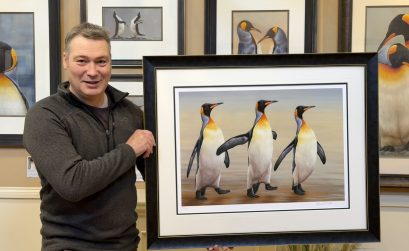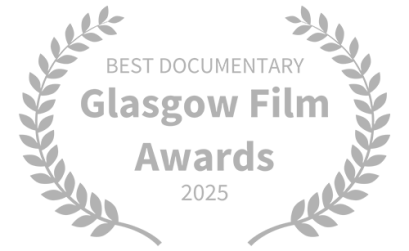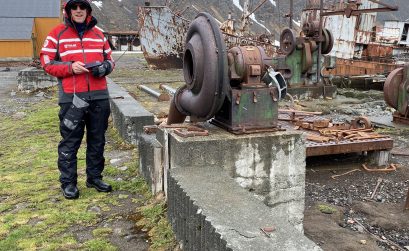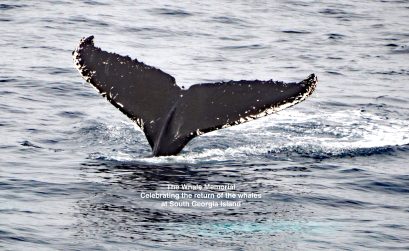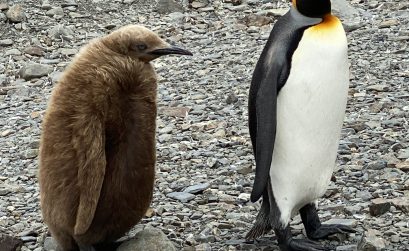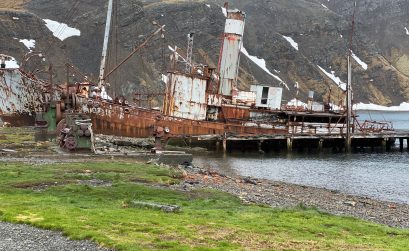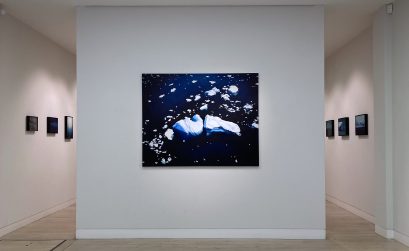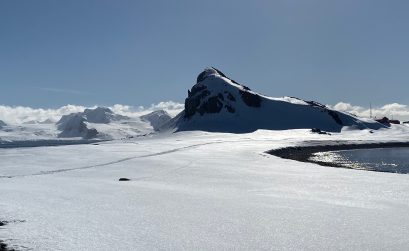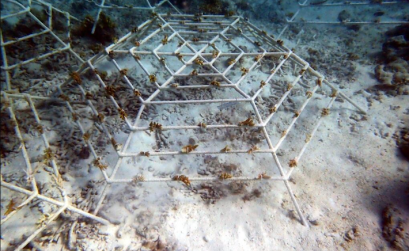South Georgia’s Silent Guardian: When Art Meets Action
Robert E Fuller
I’m always on the lookout for individuals doing incredible things for our planet, those unsung heroes, the quiet folk making a real difference. Well, wildlife artist and filmmaker, Robert E Fuller is right up there with the best of them. But don’t get me wrong, this severely dyslexic Yorkshire lad, from a farming background, left school early with little to no qualifications save art, and didn’t know if he could make a living from painting.
If you’re a regular here, you know I adore wildlife, art, conservation and especially penguins. Robert E Fuller, with his breathtakingly realistic paintings and live webcams, is a true master of both. His ability to capture the spirit of nature is awe-inspiring. But it’s not just about the art; it’s about the passion that drives it.
Here’s what he told me when we spoke…
Read more
